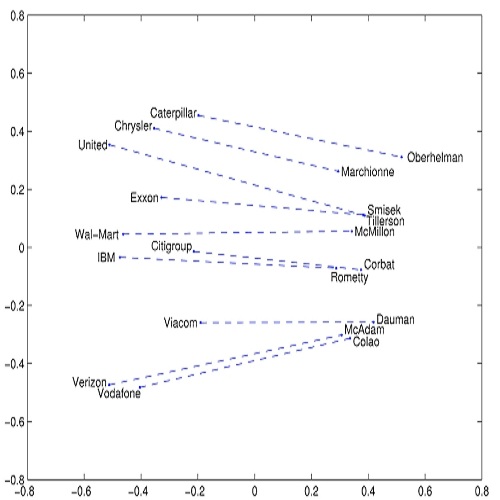Scholars often explore literature outside of their home community of study. This exploration process is frequently hampered by field-specific jargon. Past computational work often focuses on supporting translation work by removing jargon through simplification and summarization; here, we explore a different approach that preserves jargon as useful bridges to new conceptual spaces. Specifically, we cast different scholarly domains as different language-using communities, and explore how to adapt techniques from unsupervised cross-lingual alignment of word embeddings to explore conceptual alignments between domain-specific word embedding spaces.We developed a prototype cross-domain search engine that uses aligned domain-specific embeddings to support conceptual exploration, and tested this prototype in two case studies. We discuss qualitative insights into the promises and pitfalls of this approach to translation work, and suggest design insights for future interfaces that provide computational support for cross-domain information seeking.
翻译:暂无翻译




